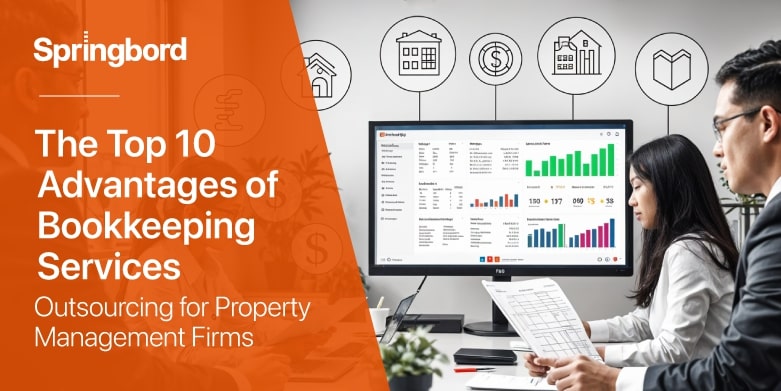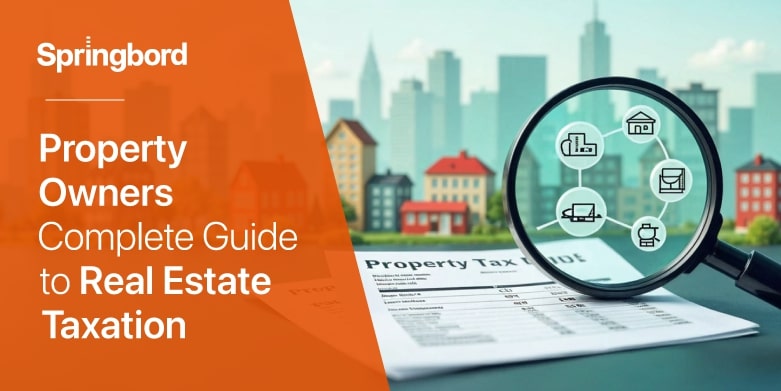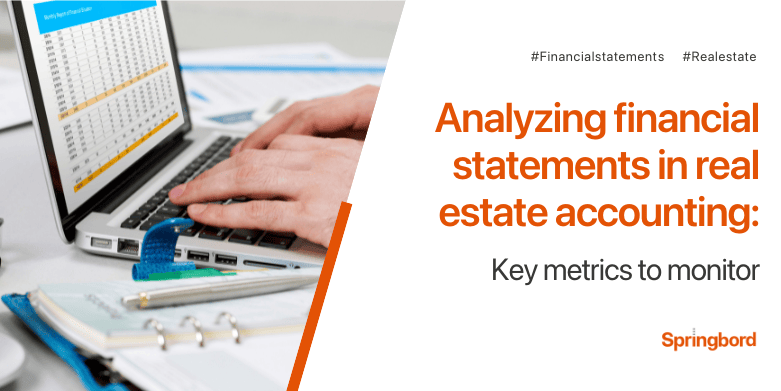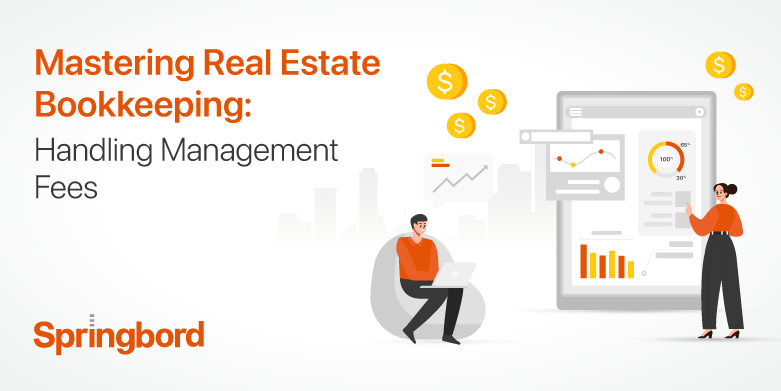It may be difficult and time-consuming to oversee the financial operations of a property management company. As firms grow and portfolios expand, maintaining accurate financial records, handling compliance, and ensuring timely reporting becomes increasingly challenging. A strategic option that offers cost savings and operational efficiency is outsourcing bookkeeping services. Property management companies can optimize financial
Property owners can generate substantial income from real estate, especially from rental income and property value growth, making it a valuable asset class. However, alongside these financial benefits come complex tax implications. Property taxes are one of the most substantial ongoing expenses associated with real estate ownership, and mismanagement can lead to costly penalties or
Managing receivables is more than just ensuring payments are collected, it’s about maintaining the financial health and stability of your business. From handling diverse client portfolios to navigating extended payment terms, real estate professionals face unique challenges that can strain cash flow and complicate operations. Quick Navigation: Challenge 1: Diverse Client Portfolios Challenge 2: Extended
Analyzing financial statements in real estate isn’t just about crunching numbers—it’s about gaining a deeper understanding of your assets, liabilities, and overall financial health. For business owners in the real estate sector, mastering key financial metrics is essential for making informed decisions that drive profitability and long-term growth. We will go over the important metrics
Accurate accounts payable (AP) management is not only necessary but also essential to the financial stability and operational effectiveness of the real estate sector, where big sums of money and lots of transactions are the norm. However, the complexity of real estate transactions often leads to common AP errors that can have significant financial and
Effective asset and liability management is essential for maintaining financial stability and optimising investment returns in the dynamic and frequently unpredictable world of real estate. This aspect of financial management involves tracking and balancing the properties and debts held by a real estate business. Proper management allows businesses to maximize the value of their assets
Efficient accounts receivable (AR) management is crucial for the financial health of real estate businesses. Proper management of AR directly impacts cash flow, profitability, and the overall economic stability of a company. This blog explores the significance of effective AR management. It highlights common mistakes to avoid, ensuring that business owners in the real estate
Maintaining a property’s safety, functionality, and appeal to renters is an essential part of managing a real estate investment. However, navigating the financial landscape of property maintenance expenses and accounts payable can be a significant challenge for property managers and owners. This blog delves into the intricacies of managing maintenance costs, optimizing accounts payable processes,
Effective management of property management fees and commissions is an important aspect of financial stewardship for real estate businesses. Precise bookkeeping practices are important in property management, where revenue streams range widely from leasing fees to maintenance charges. To ensure accurate financial reporting, real estate firms must navigate complex fee structures and adhere to strict
In an era where financial agility and compliance are paramount, the management of Accounts Payable (AP) has taken center stage in corporate strategy. As businesses navigate through the complexities of global markets, regulatory landscapes, and technological advancements, the need for streamlined and secure AP processes has become evident. Outsourcing these functions presents a strategic opportunity











